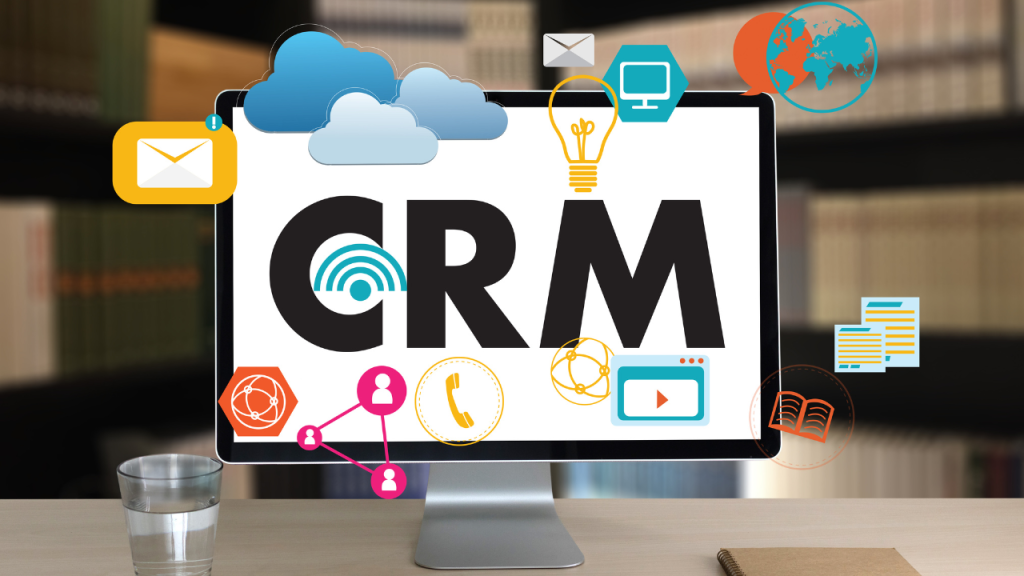What is CRM?
CRM stands for customer relationship management which refers to the software that easily tracks all the customer interactions and nurtures relationships with their leads and prospects. The CRM system gathers the customer data from different channels. Businesses today use many different applications such as calendar, e-mail, chats, spreadsheets as standalone software’s to get their work done. CRM replaces all these applications, and businesses need not juggle between apps and can track every information they need from this centralised platform. Each and every team across the business can access this information to make timely decisions.
How exactly does CRM work?
CRM Software provides insights for the sales and marketing teams by providing them with a set of tools to manage the entire sales and marketing functions, from lead generation, lead nurturing to opportunity management, forecasting and finally closing the deal. CRM lets you effectively handle the data and helps streamline the workflow in an outstanding way.
CRM solutions allow users to track the customer interactions through various channels. The CRM collects data from email, social media, phone calls, contact forms and much more.
CRM systems help you track, analyse and update information across the platform. CRM automates your day to day activities and provides various tools to measure the performance and productivity. You are reminded of tasks and other pre scheduled activities such as making a call, sending an email, organising an event etc., You have all the information recorded in the system, which lets you plan your business operations and make better action plans accordingly.
CRM platform typically offers a list of functionalities which are listed below:
Lead Management: CRM tracks the leads that are coming in, and helps the sales team to enter those leads information into the system either manually or automatically. Based on this data, the team can analyse the data.
Sales automation: CRM automates the steps in your sales process so that your sales team can focus less on administrative tasks and can involve extensively in connecting and selling with customers and prospects. Sales automation ensures that your sales process is uniform and streamlined.
Workflow automation: With CRM, you can reduce your mundane workload and focus on other high -level tasks instead. Whatever you are currently handling manually can be automated with CRM. Whether it is sending emails to new clients, contacting relevant teams, assigning a ticket etc., it can be automated.
Analytics: The analytics in CRM provides data and insights that depicts the sales and customer service performance. You can make smart decisions which would help increase sales and improve the quality of customer experience.
Marketing Automation: A CRM system will help you leverage data to target the audience with personalised campaigns. Marketing automation gives you a clear picture on potential customer behaviour. Your marketing team can streamline marketing activities, increase engagement, run campaigns and ultimately drive profits.













